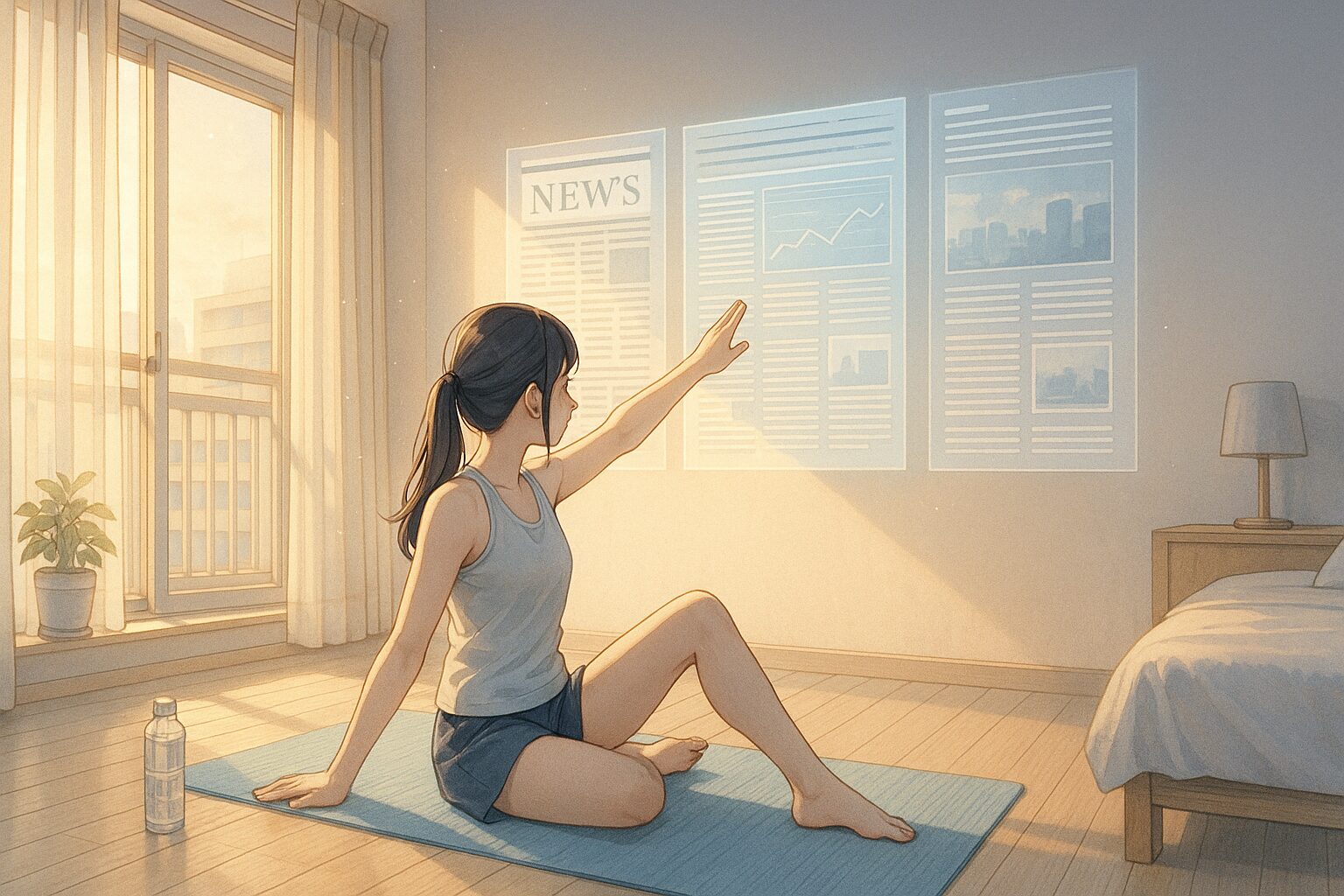The New Era of Global Leaders: Can Change in Education Transform the Future?
Jio Institute has begun accepting admissions for the 2026-27 academic year. This news proposes a new educational model aimed at cultivating future leaders. If such an education becomes standard, how will our future change?
1. Today’s News
Summary:
- Jio Institute has started accepting admissions for the 2026-27 academic year, aiming to nurture the next generation of global leaders.
- The institute offers advanced programs in AI & data science, management, and sports management.
- Through collaboration with universities and research institutions worldwide, it provides students with a global perspective and practical skills.
2. Considering the Background
Modern education must respond to rapidly evolving technologies and a globalizing economy. Challenging educational institutions like Jio Institute leverage cutting-edge technology and international networks to cultivate future leaders. This trend demonstrates that education must continuously evolve. How will this ongoing movement impact our daily lives?
3. What Will the Future Hold?
Hypothesis 1 (Neutral): A Future Where Global Education is Commonplace
If education similar to that offered by Jio Institute becomes widespread, education with a global perspective may become commonplace. Students will learn across borders and contribute to society as true global leaders. As this type of education becomes more common, our values may also shift towards greater respect for diversity.
Hypothesis 2 (Optimistic): A Future with Significantly Evolving Innovative Leaders
If such education progresses, many innovative leaders utilizing technology and knowledge will emerge. They may launch new businesses and social projects that enrich our lives. As a result, society as a whole will evolve, spreading hope for a better future.
Hypothesis 3 (Pessimistic): A Future Where Traditional Education is Lost
On the other hand, if these new educational models become mainstream, there is a risk that the merits of traditional education may be lost. The theoretical foundation and historical perspectives could be undervalued, leading to a focus on short-term results and skills. This change raises concerns about the erosion of our cultural values.
4. Tips for Us
Ideas for Thinking
- Reevaluate your values and incorporate a global perspective.
- Consider future possibilities in your daily choices.
Small Practical Tips
- Create opportunities to interact with people from different cultures and perspectives.
- Maintain a proactive attitude towards continually learning new technologies and knowledge.
5. What Would You Do?
- Will you choose to receive an education with a global perspective?
- Will you nurture traditional education while choosing to learn new technologies?
- Will you consider incorporating innovative ideas and contributing to society?
- What kind of future have you envisioned? Please let us know through social media quotes or comments.









